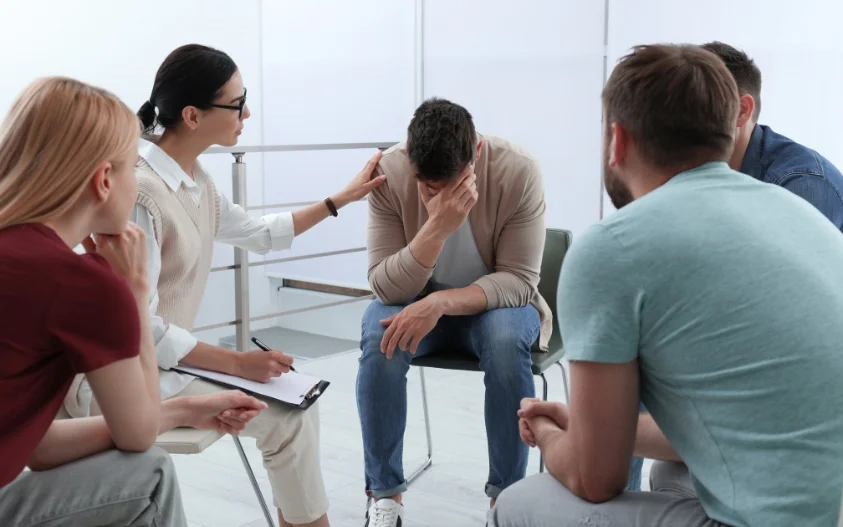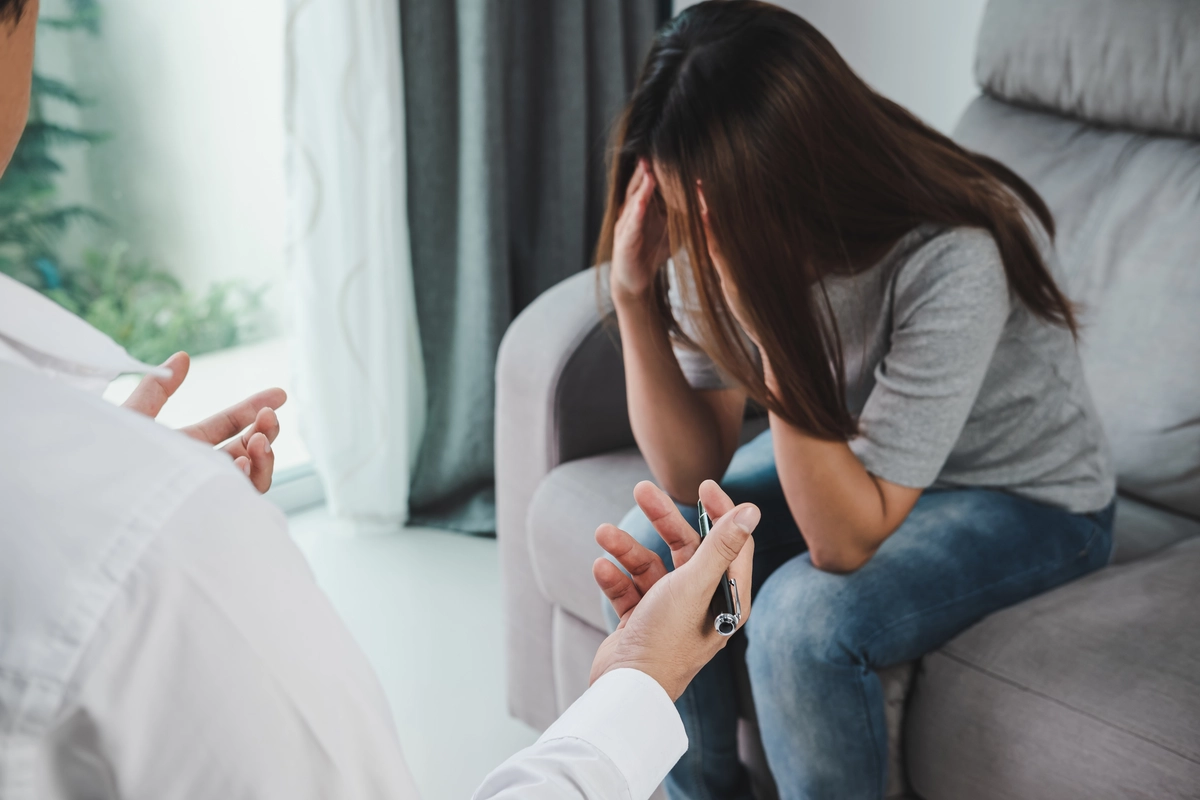24/7 Helpline:
(866) 899-111424/7 Helpline:
(866) 899-1114
Learn more about Bipolar Disorder Treatment centers in Caldwell County
Bipolar Disorder Treatment in Other Counties

Bethel Colony of Mercy
Bethel Colony of Mercy is an alcohol and drug abuse treatment center located in Lenior, North Caroli...

A New Dimension
A New Dimension is a private rehab located in Lenoir, North Carolina. A New Dimension specializes in...

















































New Horizons
New Horizons is a counseling clinic located in Lenoir, North Carolina. New Horizons specializes in t...

Hidden Springs Counseling Center
Hidden Springs Counseling Center is a private rehab located in Lenoir, North Carolina. Hidden Spring...

Focus Behavioral Health
Focus Behavioral Health is a private rehab located in Lenoir, North Carolina. Focus Behavioral Healt...


































Other Insurance Options

UMR

Aetna

Amerigroup

Optum

Holman Group

Ceridian

Meritain

Molina Healthcare

Self-pay options

Regence

Medical Mutual of Ohio
Beacon

Horizon Healthcare Service

Humana

Access to Recovery (ATR) Voucher

Health Choice

UnitedHealth Group

Choice Care Network

Health Net

Absolute Total Care